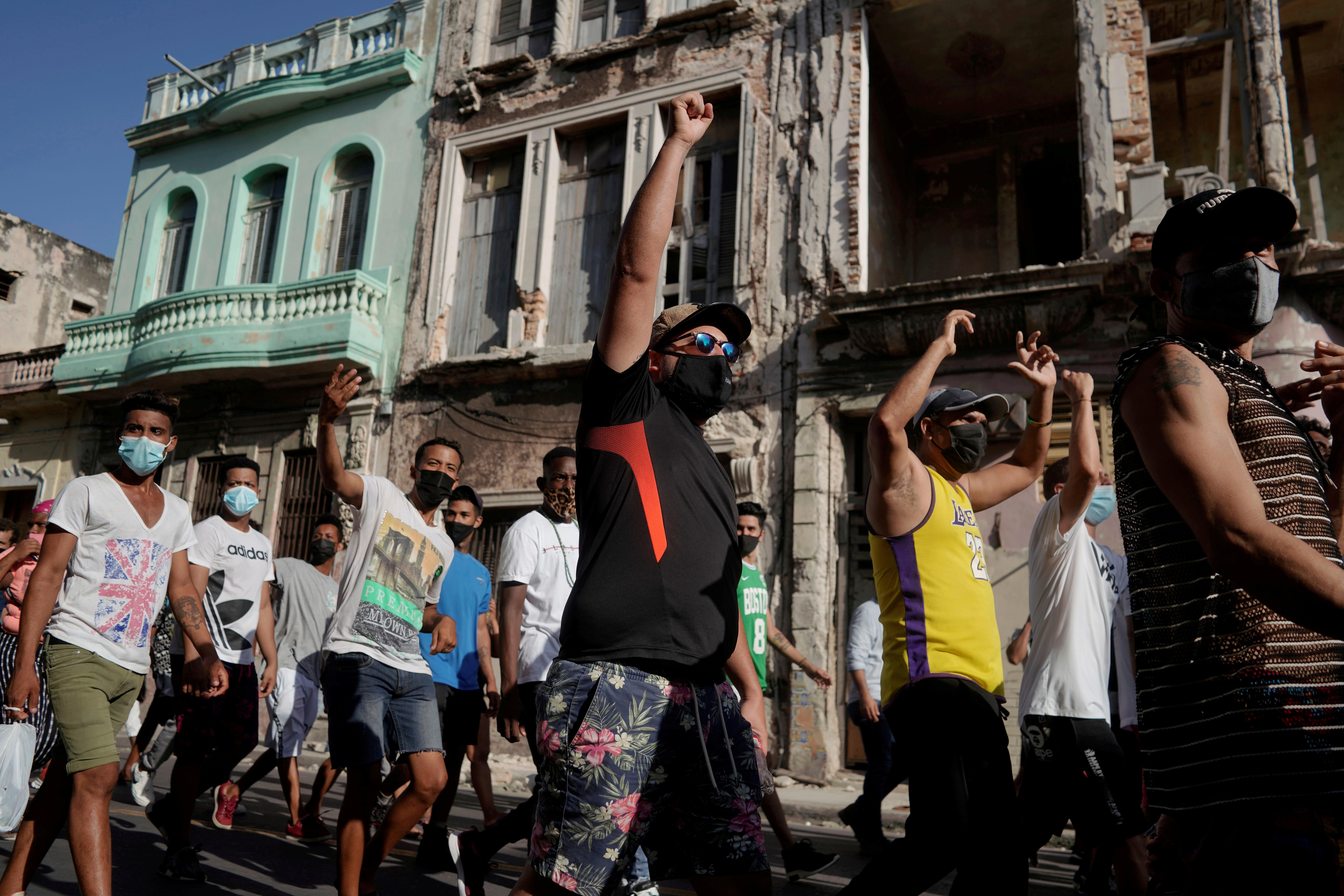Cuban protest. For months, Cuban activists and dissidents have been planning a fresh, island-wide, anti-government protest. Well, the day is November 15, and the stakes are high. The Cuban regime, which has refused to issue permits for any marches, says it will not tolerate any unrest, and has accused the US of being behind the demonstrations. Back in July, you might remember, Cuba witnessed the biggest anti-government protests in decades, as popular anger over shortages, poverty, and political repression boiled over into the streets. Since then some 1,200 people have been arrested, with roughly half of them languishing in jail while awaiting trial on charges of sedition or sabotage that carry sentences of up to 25 years. We're keeping an eye not only on what happens in Cuba, but also on how the Biden administration responds. The US president will be under immense pressure from the powerful Cuban-American constituency in Florida, as well as Republicans more broadly, to impose tougher sanctions on the island. But there's an argument that the interests of the Cuban people might be better served by doing just the opposite.
